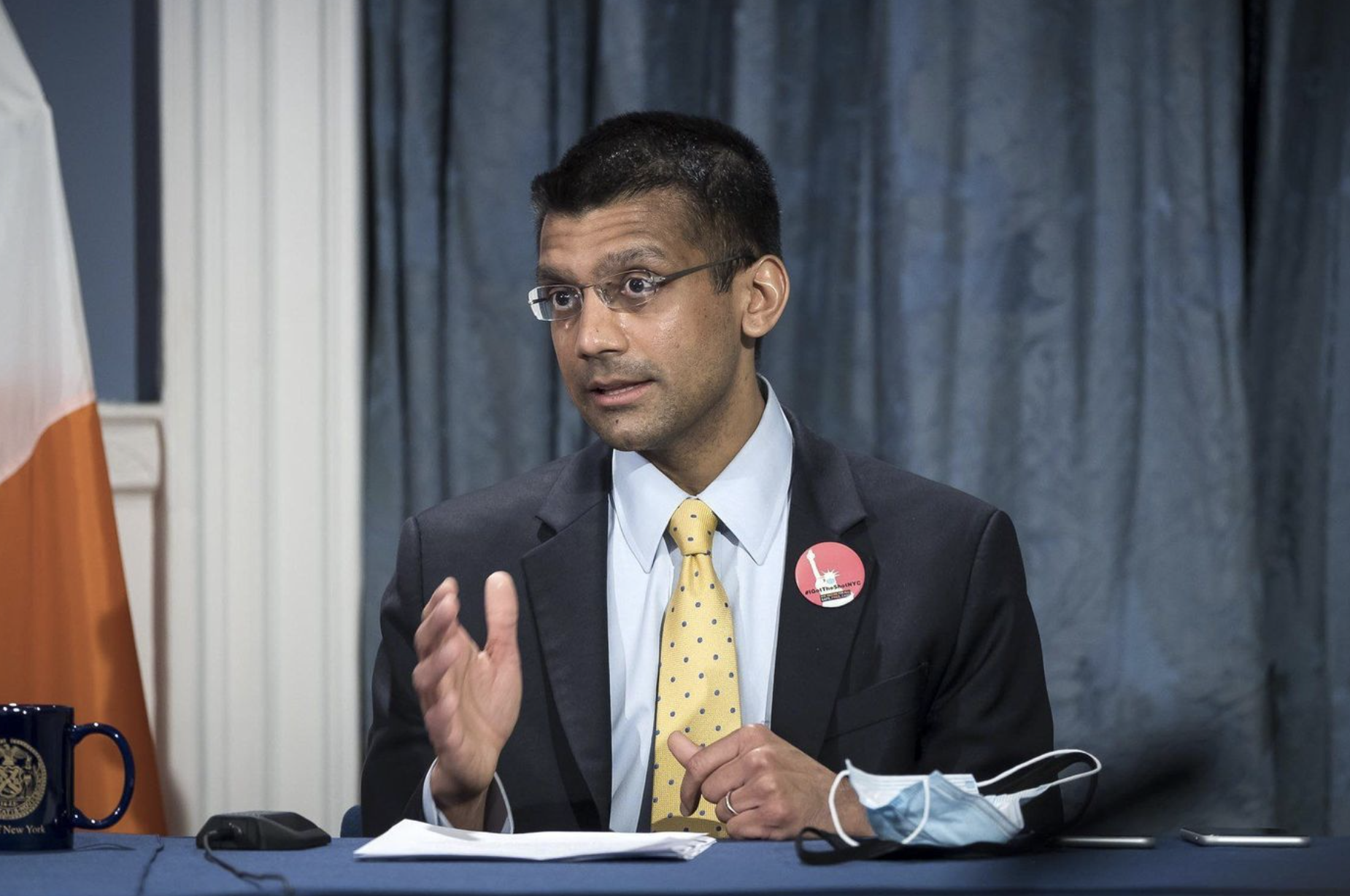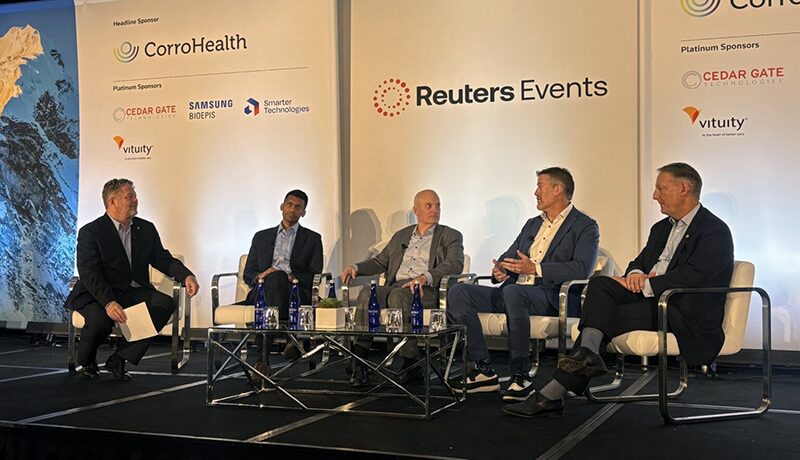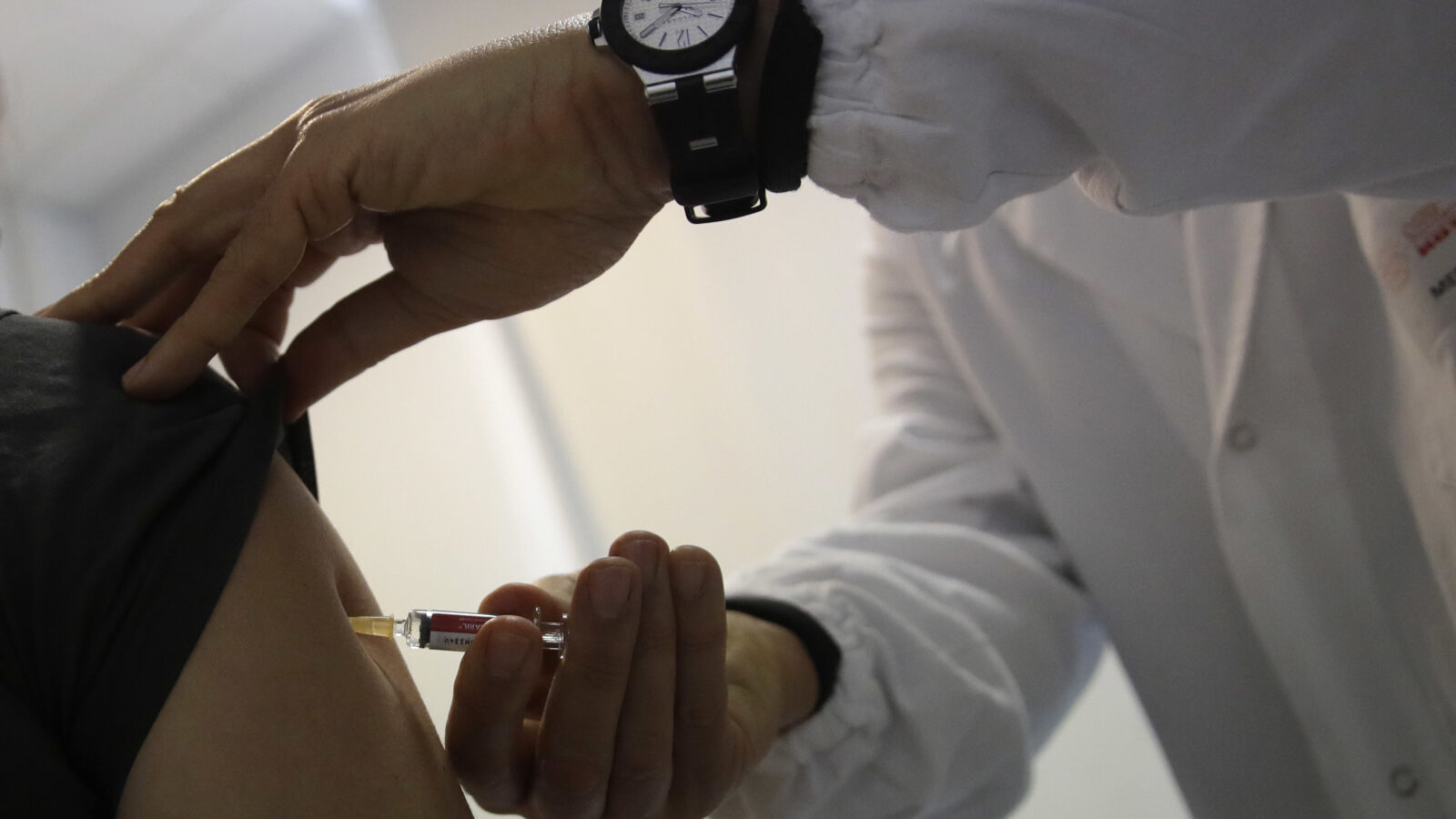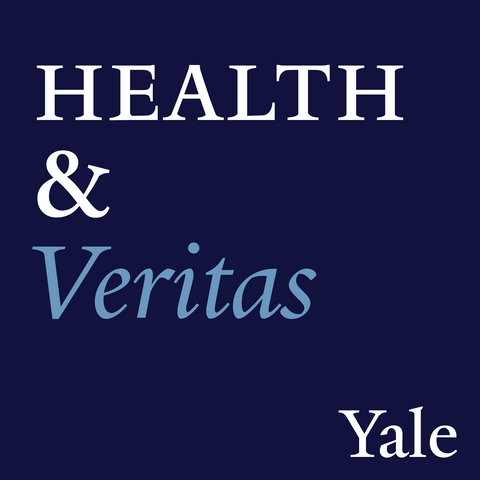While public-health officials everywhere battled the deadly coronavirus, Dr. Dave Chokshi brought an especially personal weapon into the fight.
His own immune system.
And now, the 39-year-old New York City health commissioner says he’s learned some lessons that others might benefit from.
“Anytime a doctor becomes a patient, it’s an important learning experience,” said Chokshi, who tested positive for the virus in February and is spending this week guiding the city through an abrupt federal pause of administering Johnson & Johnson vaccines.
“For me,” he said, “the physical manifestations were relatively mild in the grand scheme of things, although it certainly knocked me back for a few days.”
More challenging, he discovered, were the emotional and psychological games that COVID-19 can play.
“For me, a lot of anxiety about what it meant for my family members, including some family members who were also ill at the same time. And all the uncertainty that comes along with that. If I started feeling a little bit better on one day, was that a real improvement? Or did it mean that a few days after that I would be hit with even more significant symptoms?,” Chokshi said. “That anxiety, that uncertainty, they really take their toll on individuals and also families. Yes, it is a virus that affects one’s physical health. But in so many ways, it affects our mental health, as well.”
A child of immigrants from Mumbai, India, Chokshi grew up in Baton Rouge, Louisiana. After Duke University, medical training at Penn and Harvard, a Rhodes scholarship at Oxford, a job rebuilding his home state’s health system after Hurricane Katrina and a fellowship at the White House, the young internist was director of population health at the New York City Health + Hospitals Corporation. Then, COVID exploded. As the pandemic ravaged the city last year, Mayor Bill de Blasio was publicly feuding with his health commissioner, Dr. Oxiris Barbot. By August, Barbot resigned as the head of the nation’s premiere public-health department, and Chokshi was in.
Talk about stepping into a raging storm. There’s never been a public-health crisis quite like COVID, not in modern times anyway.
This week, that meant calming New Yorkers who were expecting to receive Johnson & Johnson JNJ, -1.65% vaccines, which were indefinitely put on hold after a small number of recipients in the U.S. suffered serious blood clots.
“We have been able to shift doses around from our existing supply of Moderna MRNA, 4.50% and Pfizer PFE, -2.65% to honor the appointments that had already been made for this week,” Chokshi said. As for next week and beyond? “We will either need additional supply of Pfizer and Moderna or, hopefully, we’ll be able to start using Johnson & Johnson again if all the safety concerns are cleared.”
He supported the pause, he said. But he keeps reminding people that the blood clots that alarmed federal officials are highly rare, “about one in a million, which is less than your chances of getting struck by lightning in a given year.” It’s a tiny risk “compared to the benefits that we know vaccination offers, particularly given how devastating COVID-19 has been.”
New York is still dispensing all the vaccines health officials can get their hands on. For now, Chokshi said, supply is a bigger issue than demand. “We do know that the demand will become an issue at some point, whether it’s in a few days or a few weeks,” he said. That’s why it’s so important to answer everyone’s questions—now.
“Demand is not a static concept,” he said. “It’s something we are able to influence. We do so many events each day to get the word out about the vaccine.”
Though all adults are now eligible, the health commissioner said, “I am laser focused on ensuring that the most vulnerable New Yorkers remain at the front of the line. That means our seniors. That means other people who are at risk because of underlying health conditions. To put it simply, that’s how we know we can save the most lives and prevent the most suffering through vaccination.”
When he was first diagnosed, Chokshi said his infection was most likely a case of “household transmission,” though he declined to say which of his family members tested positive before he did.
He and his wife, Melissa Aguirre, a public school teacher and Queens native of Dominican and Argentine descent, live in Jackson Heights, a few blocks from Elmhurst Hospital. That hospital and that part of Queens have been among the city’s hardest hit in the pandemic. The couple have a 2-year-old daughter.
Chokshi said he’s fully recovered now from his own bout with COVID.
“I’m back to 100%,” he said, “motivated more than ever to do everything that we can to relieve the suffering that we have seen over the past year. And thankfully, my family members are all doing OK. And all of us who are eligible to get vaccinated have been able to get vaccinated.”







